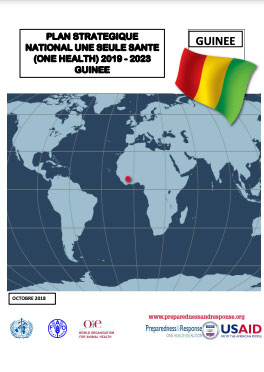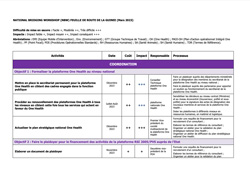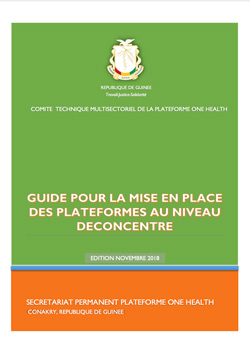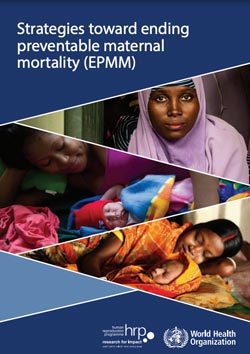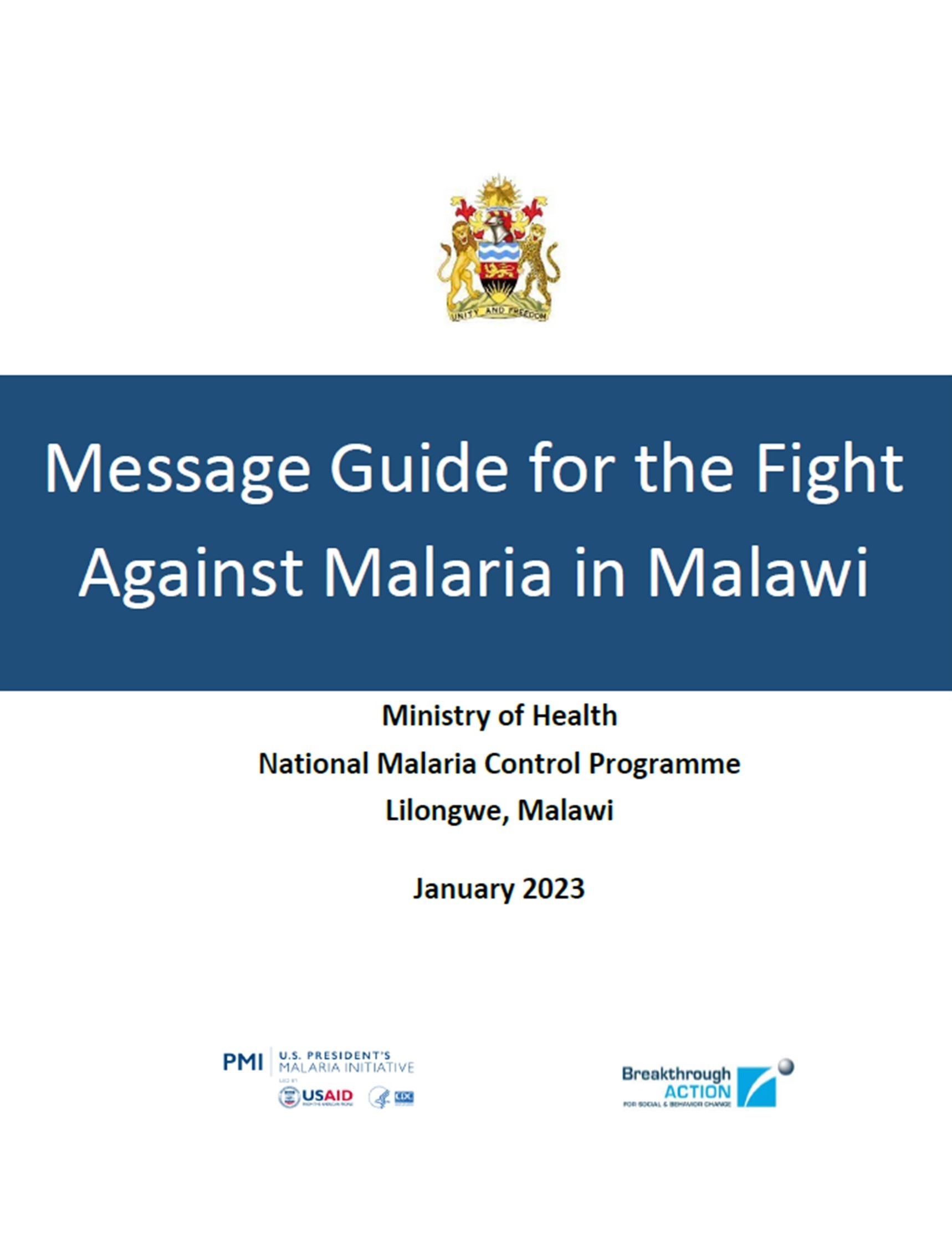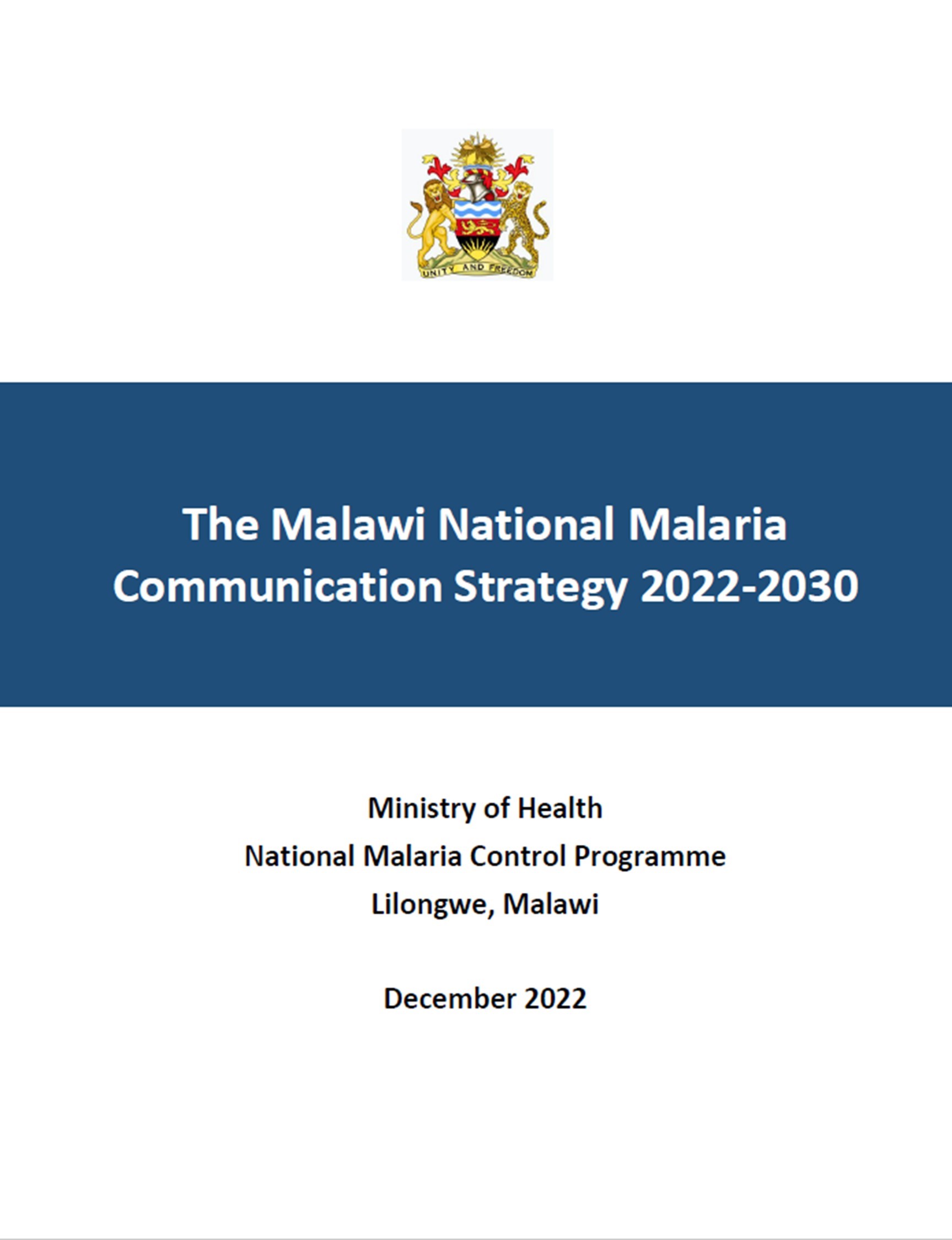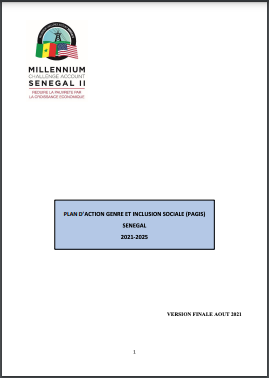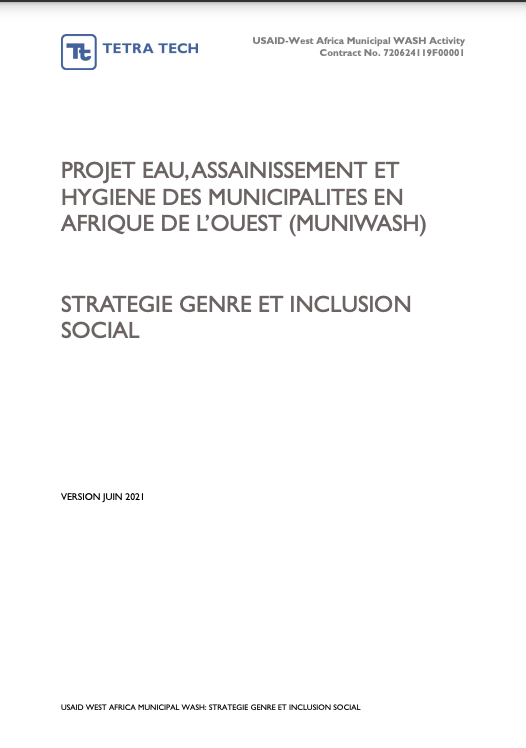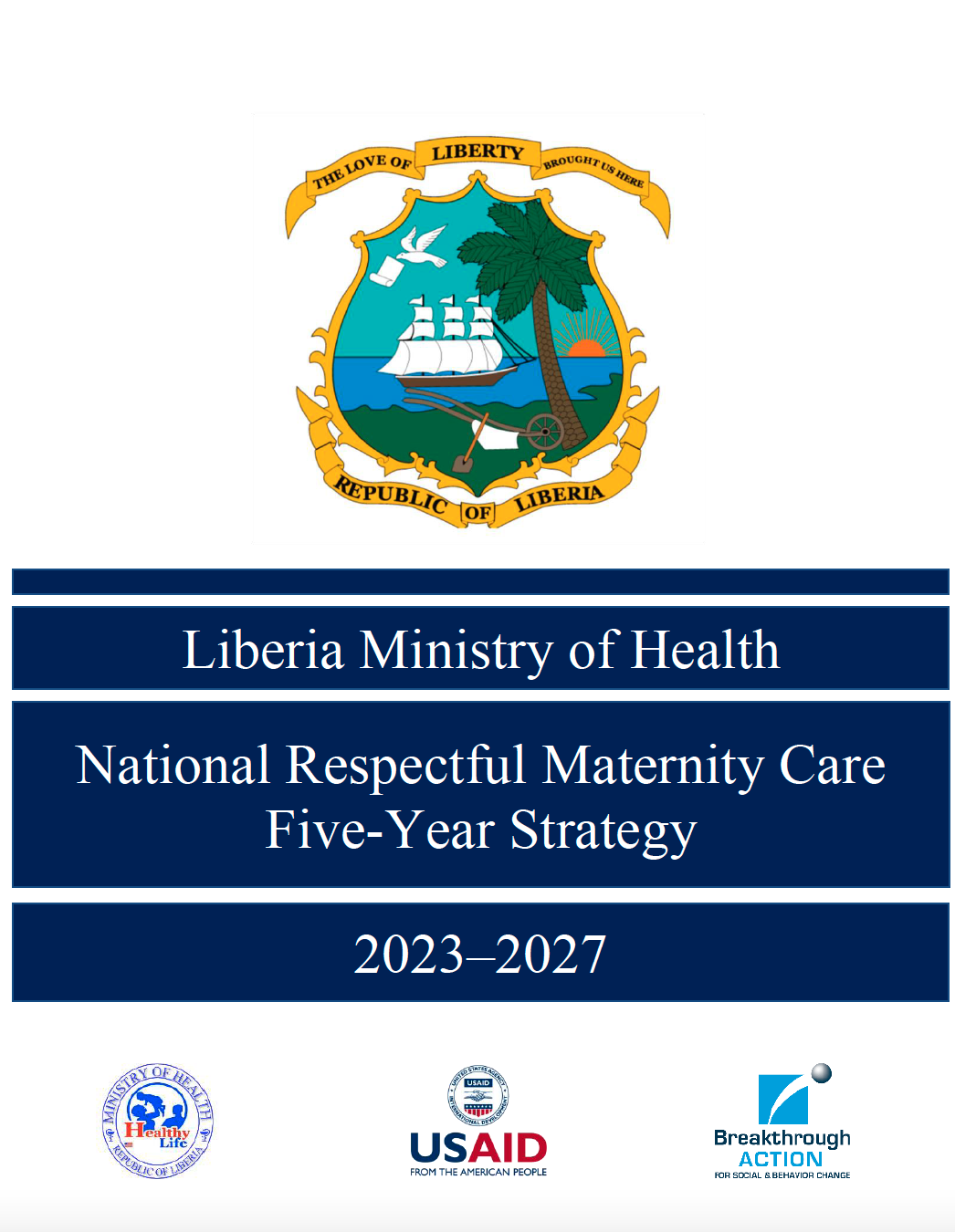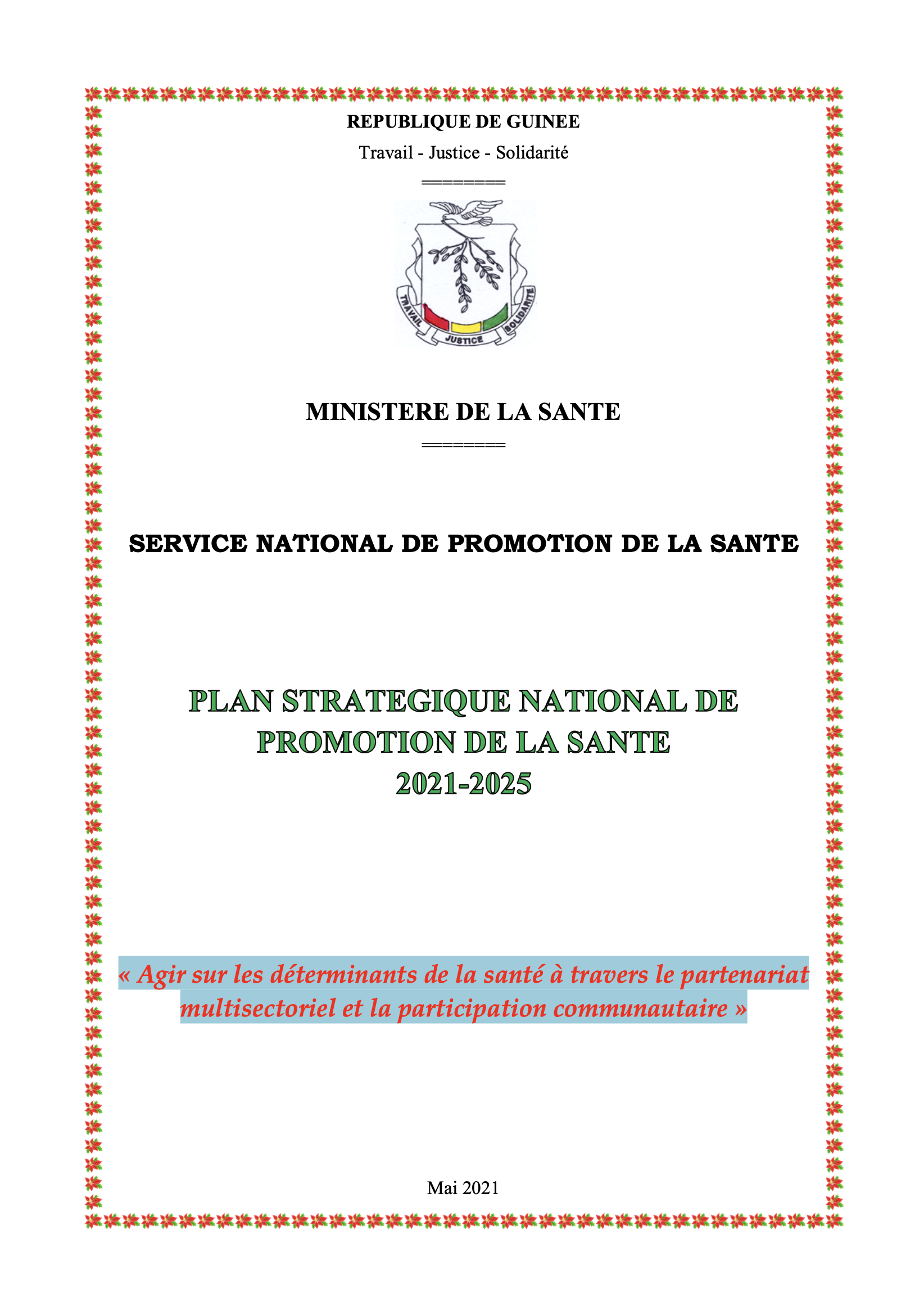PLAN STRATEGIQUE UNE SEULE SANTE GUINEE [2019-2023]
Le Plan Stratégique Une Seule Santé Guinée (2019-2023) définit la mise en œuvre de l’approche One Health dans le pays. Cette stratégie collaborative s’appuie sur les liens entre la santé humaine, animale et environnementale pour mieux prévenir, détecter et riposter aux événements de santé publique. Le plan guide la Plateforme Une Seule Santé (PUSS) au niveau national, un groupe multisectoriel créé en 2017.
Développé à travers des consultations avec diverses parties prenantes, le plan décrit une stratégie quinquennale comportant cinq piliers clés : leadership et gouvernance, surveillance et alerte précoce, gestion des risques et préparation, riposte et contrôle, et communication et engagement. Ce document sert de feuille de route pour la PUSS et les autres organisations concernées travaillant sur Une Seule Santé (One Health) en Guinée. Le plan peut être revu et mis à jour selon les besoins pour s’adapter à l’évolution de la situation. “
The One Health Strategic Plan for Guinea (2019-2023)
The One Health Strategic Plan for Guinea (2019-2023) outlines how the country will implement the One Health approach. This collaborative strategy focuses on human, animal, and environmental health connections to better prevent, detect, and respond to public health events. The plan guides the National One Health Platform (OHP), a multi-sectorial group established in 2017.
Developed through consultations with various stakeholders, the plan outlines a five-year strategy with five key pillars: leadership and governance, surveillance and early warning, risk management and preparedness, response and control, and communication and engagement. This document serves as a roadmap for the OHP and other relevant organizations working on One Health in Guinea. The plan can be reviewed and updated as needed to adapt to changing circumstances.”
Source: REPUBLIQUE DE GUINEE
Date of Publication: July 30, 2024

